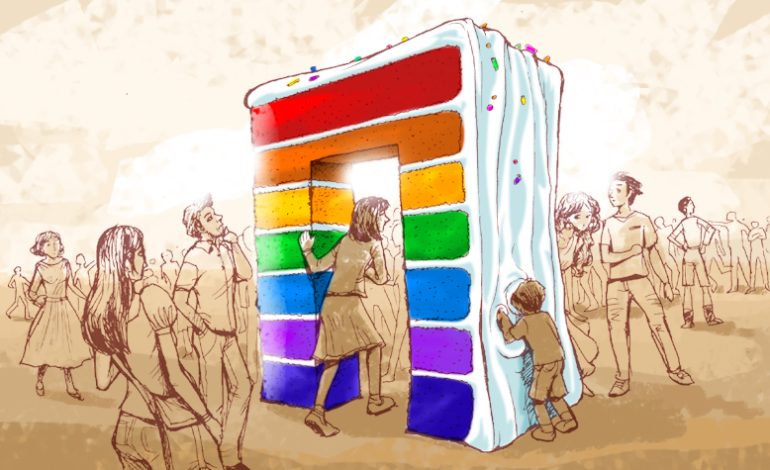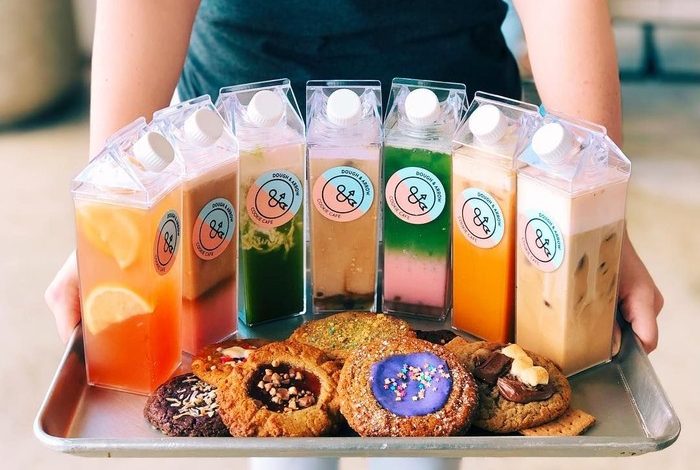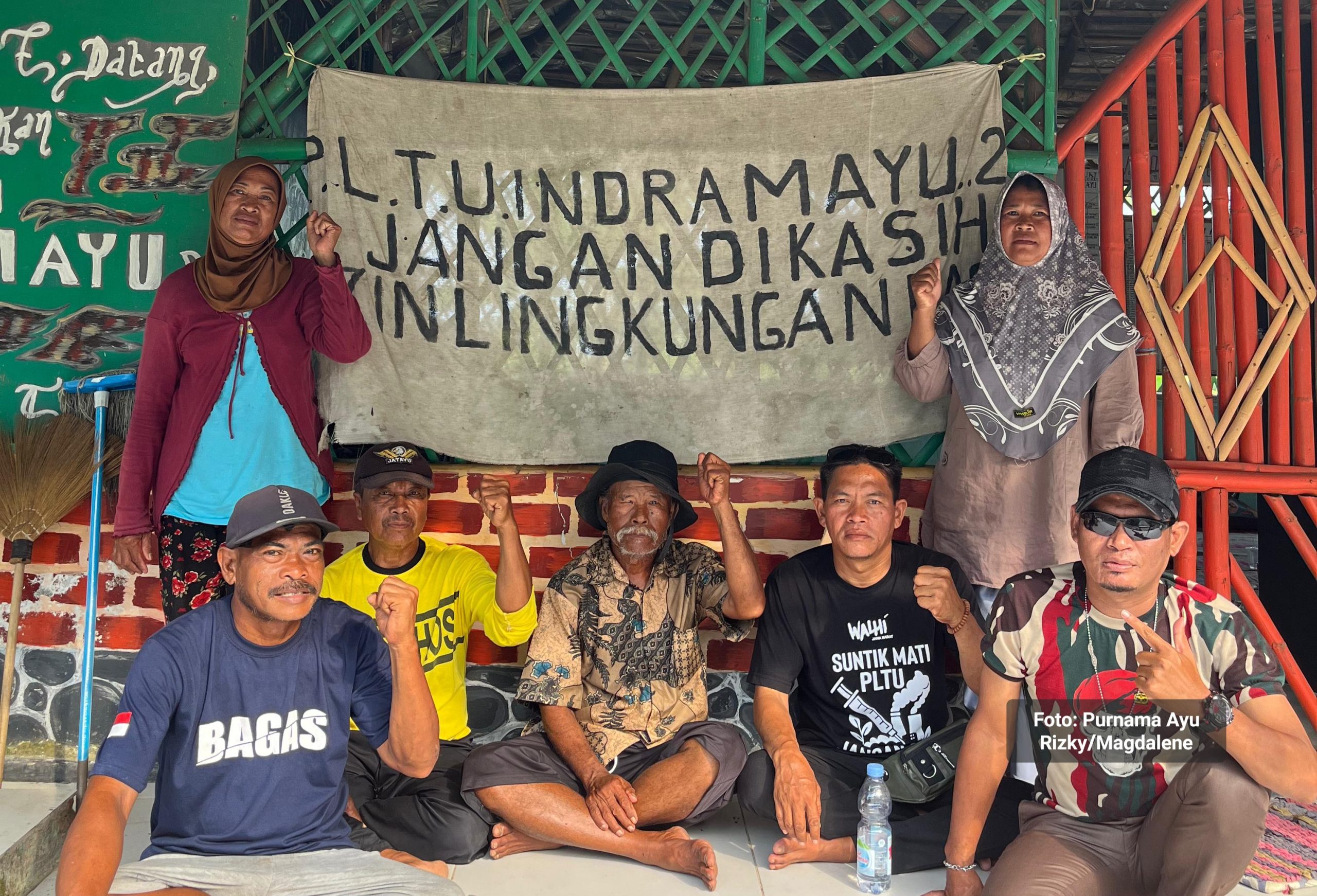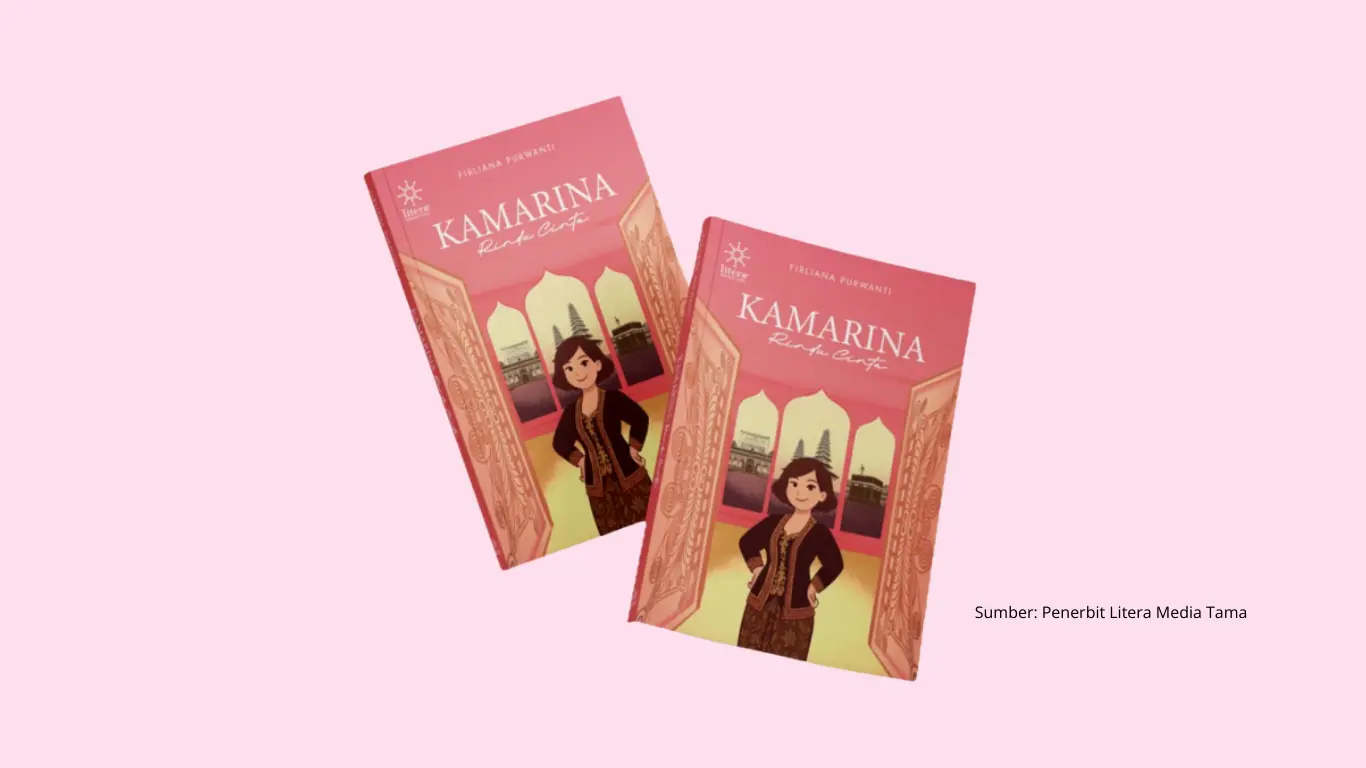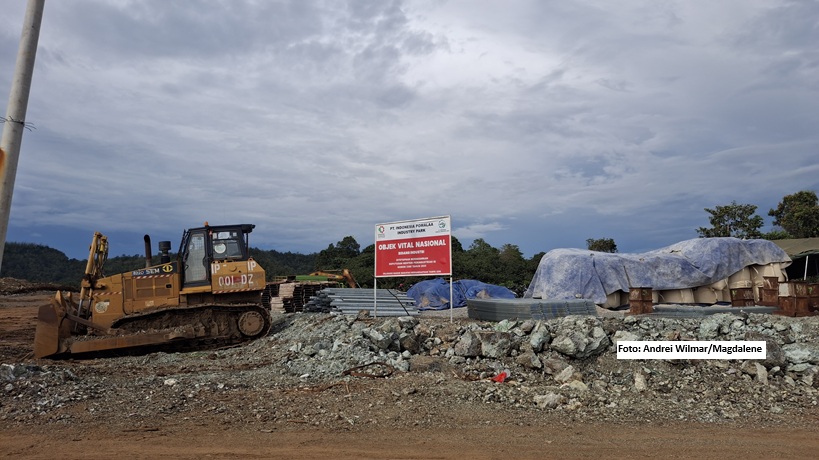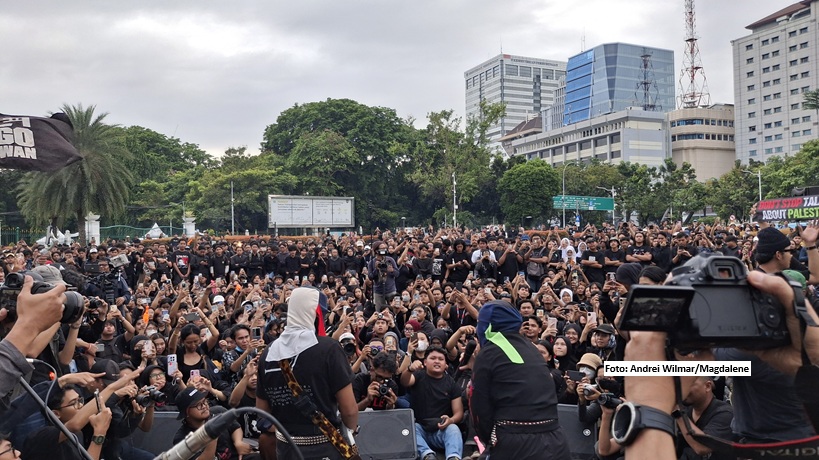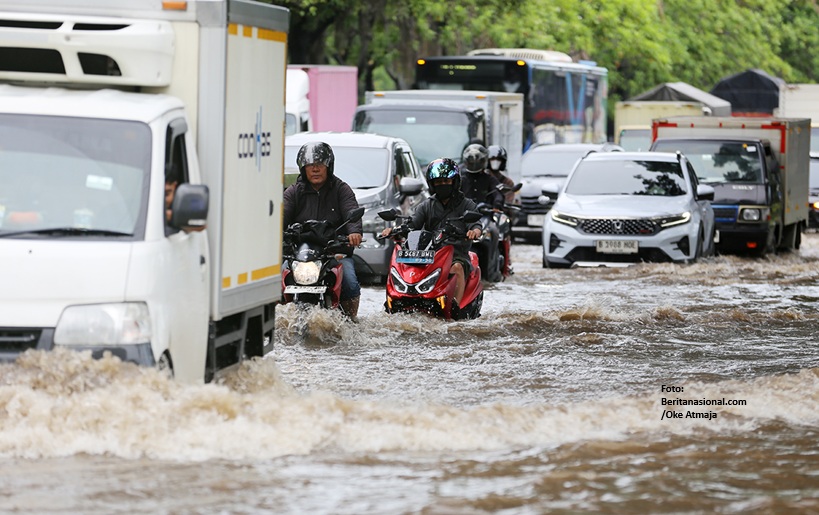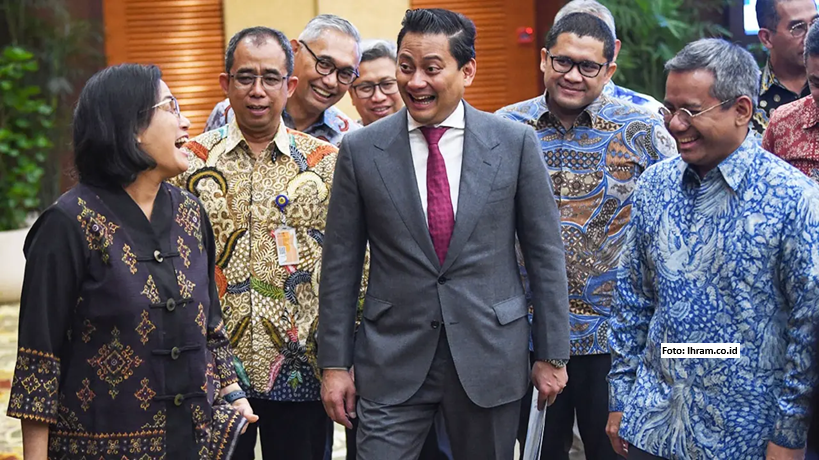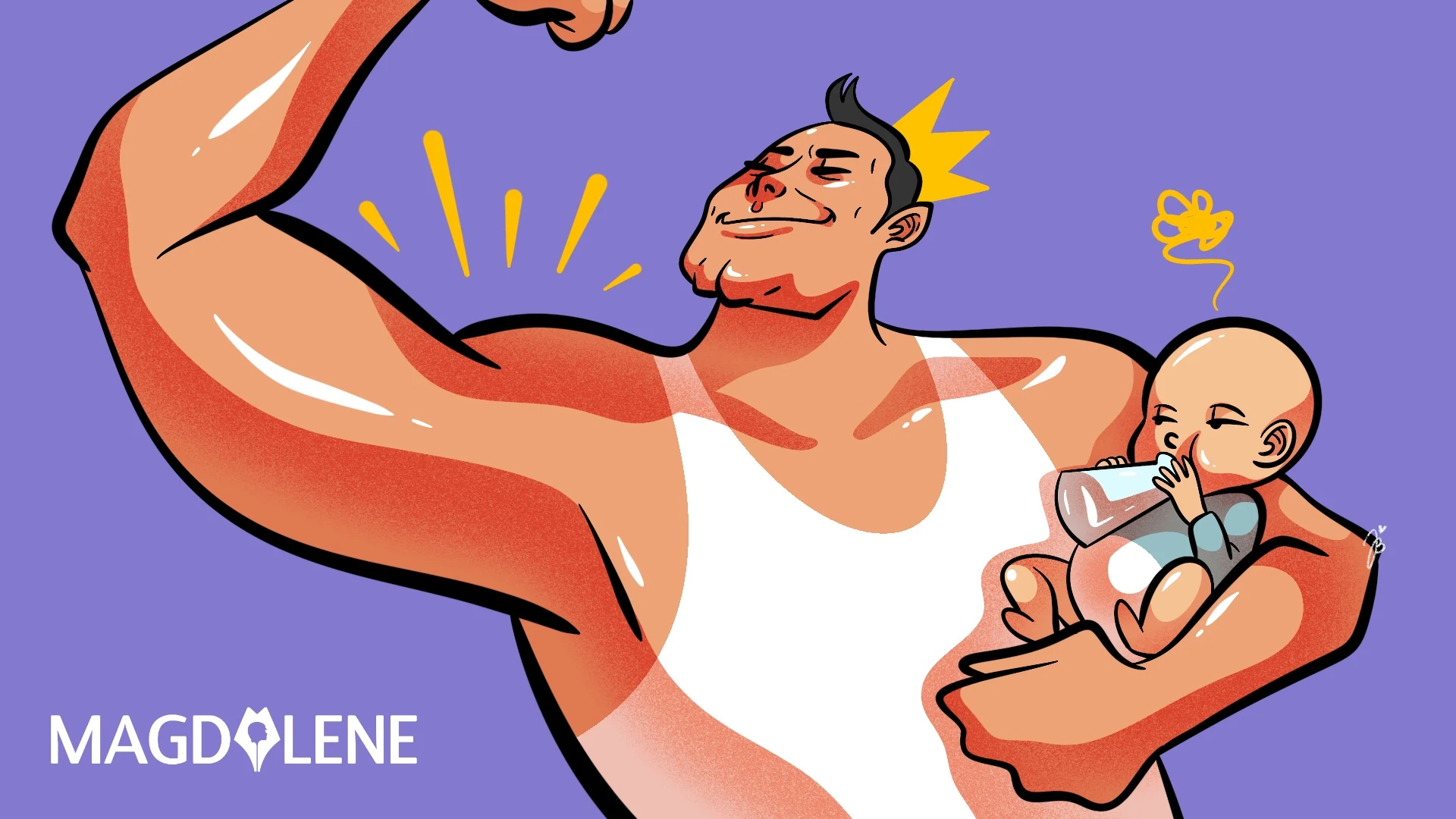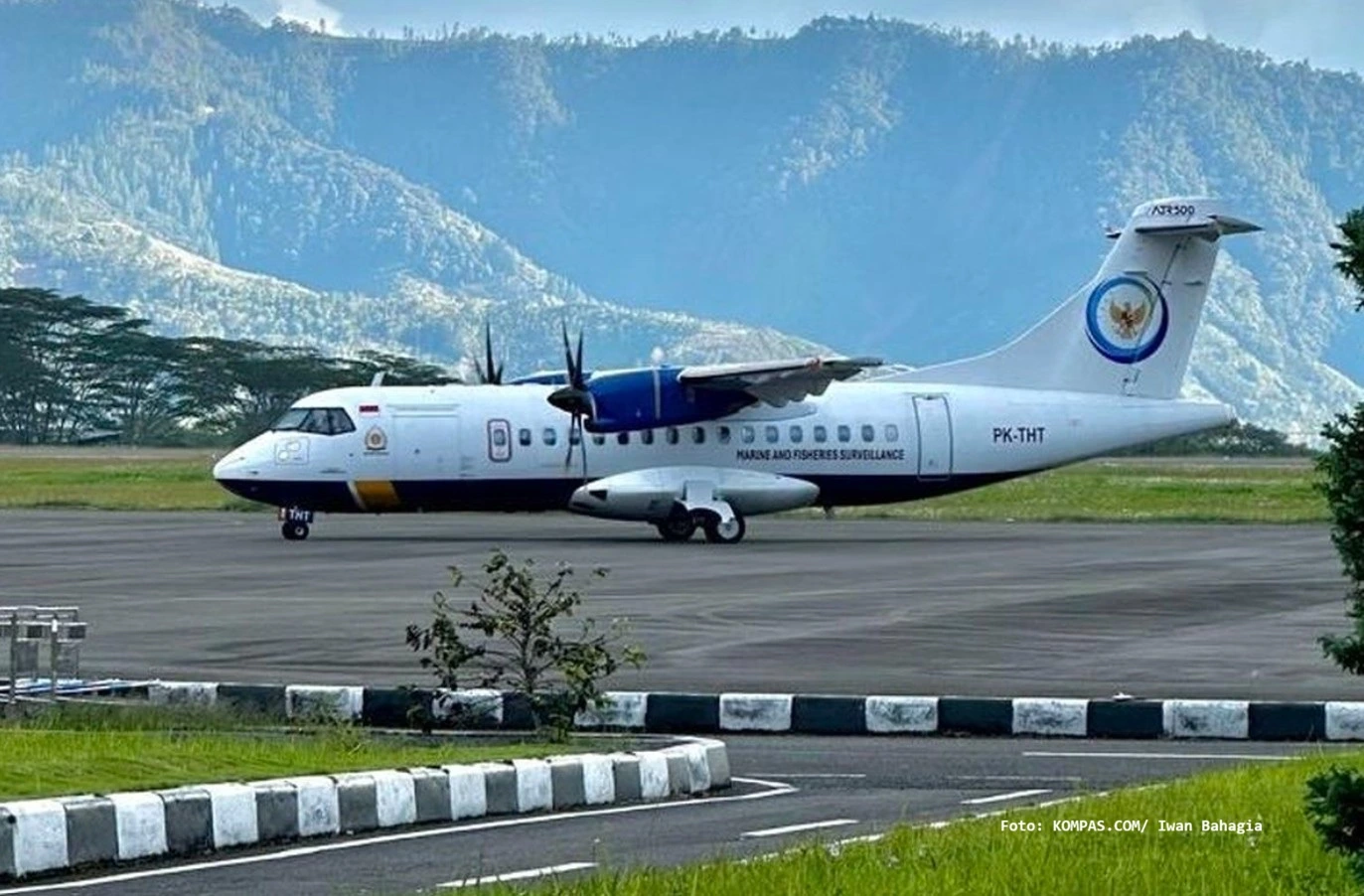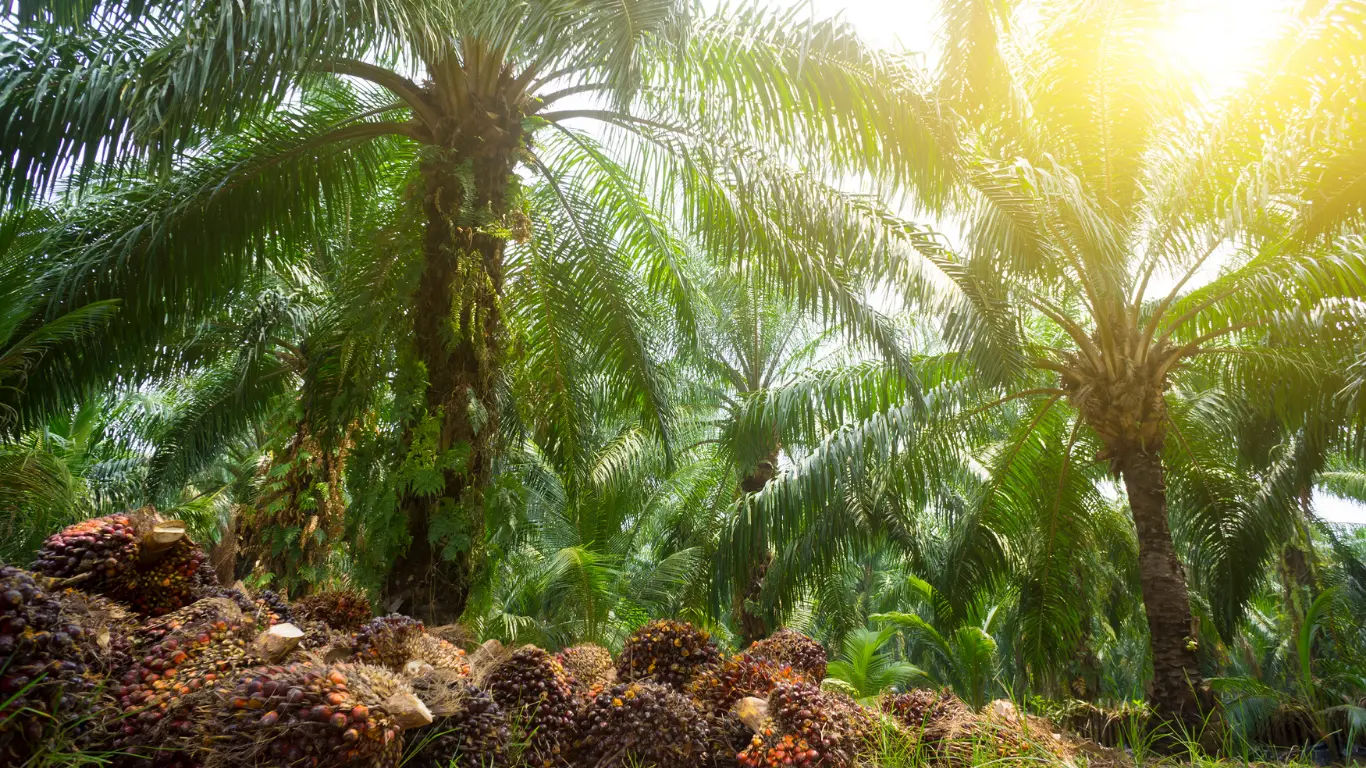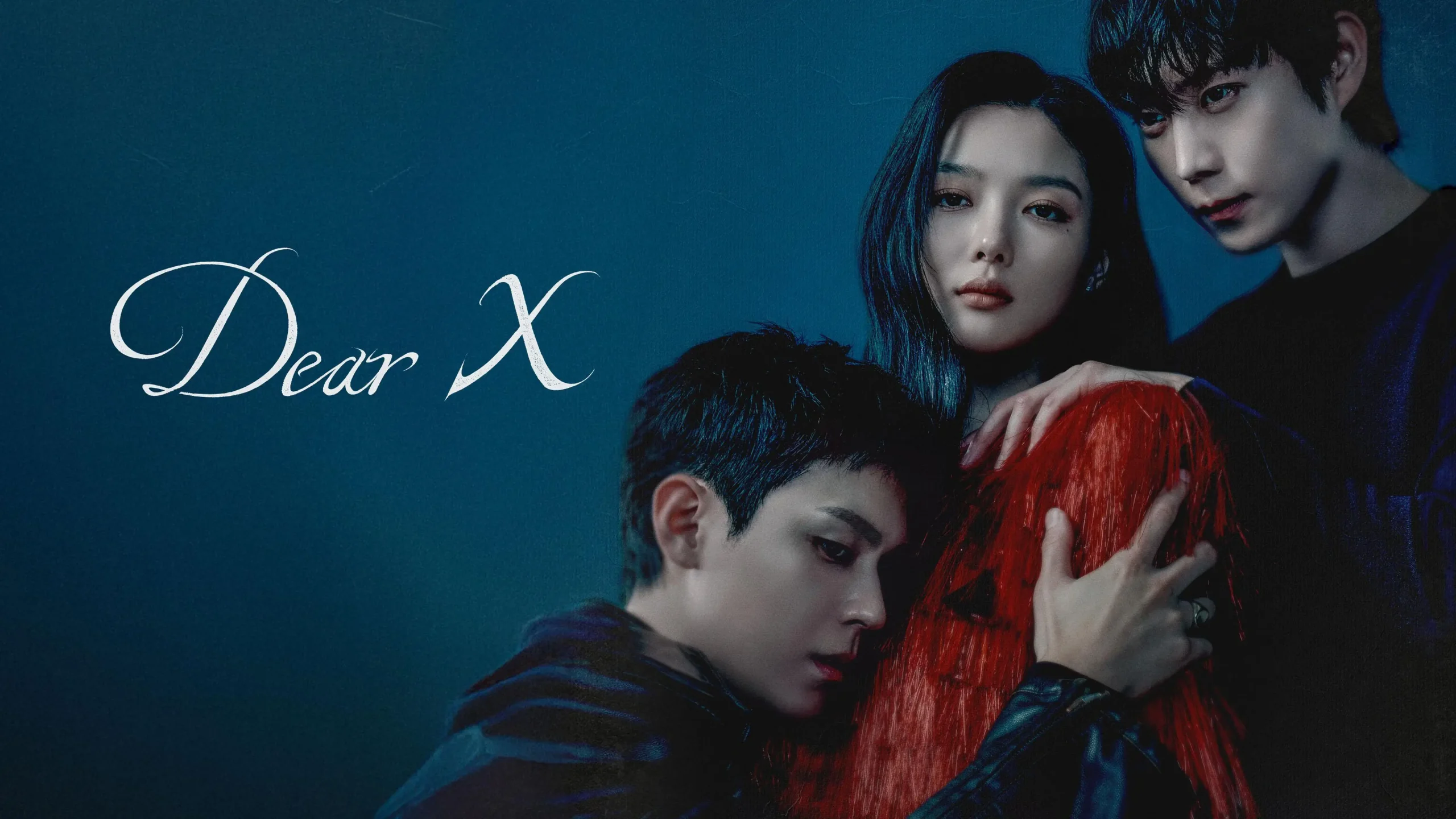Why You Need to Educate Yourself about White Privilege
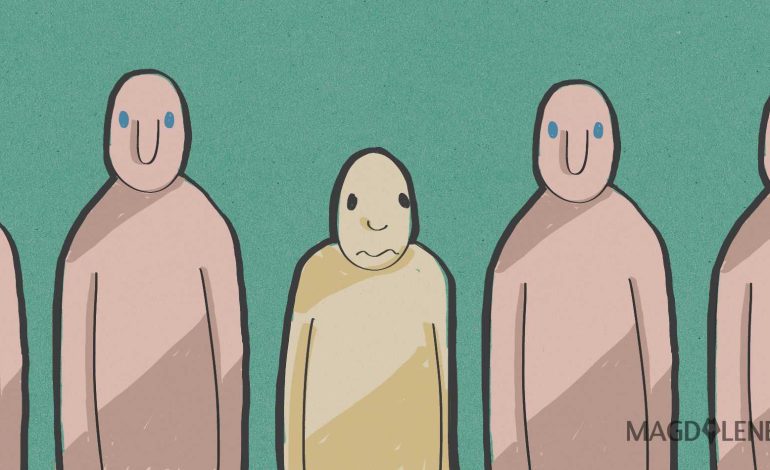
My partner once said, “My Bahasa Indonesia is so bad. I sound so stupid.”
To which I responded, “Sayang, you’re not stupid — besides no one will ever think you are for making Bahasa Indonesia mistakes.”
“Because I’m white?” he asked.
“Yes,” I replied.
It’s a privilege that, as my partner recognized, is unique to people with his skin but not mine. Although he was very conscious of his Bahasa Indonesia skill, he could be sure that it wouldn’t impact people’s perception of his competence. I wouldn’t get the same treatment if I speak ungrammatically or pronounce a word a little differently from “standard” English. I can be sure that my intellectual capability and social status will be judged harshly because of those mistakes — even though English is my third language.
White privilege is a concept that gained public awareness in 1988 in a seminal paper by Peggy McIntosh, a scholar at Wellesley College. A white woman herself, McIntosh defines white privilege as “an invisible package of unearned assets that I can count on cashing in each day, but about which I was ‘meant’ to remain oblivious.”
In other words, white privilege is a reward that you get simply for being white. It is a product of white supremacy, which was facilitated by centuries of domination attained through occupation and economic exploitation of black, brown, and indigenous people. While it is true that the predominantly white countries of today, in aggregate, are wealthier compared to others, it is important to understand that these riches were taken at the expense of the people they colonized.
As McIntosh suggests, people were meant to be oblivious about this privilege. For those who are white, it’s easy to be unaware of it, because it is “invisible.” The world is organized to accommodate whiteness, so white people never have to factor in their skin color when going about their daily lives. A white person can just decide to move to Bali, without ever having to learn a word of Bahasa Indonesia, and no one will treat them negatively. A person of color moving into a majority white space will most likely be met many more scrutinies.
For those who are not white, we’re made to believe that whiteness is something that we should aspire to be. This misconception has taken root so deep that we’ve internalized it, and oftentimes we become complicit in perpetuating this injustice. Indonesia was colonized by white nations for hundreds of years and though we declared independence 74 years ago, the legacy of the colonialism continues because we’ve inherited the mindset and behavior of our oppressors.
Many believe that white privilege is not real because white people also have struggles. While it is true that everyone faces hardship and suffers loss, you can be sure that that of white people will rarely-if-ever have to do with their skin color. White privilege does not delegitimize white people’s pain. It is simply a language that we use to be able to properly talk about how the status quo sets whiteness as the “default” and, in so doing, marginalizes the rest.
White privilege likewise does not limit its benefit to people of Caucasian descent. It can also be extended to people of other racial categories who “pass” as white or have lighter skin tone.
The conversation about white privilege is arguably most intense in the United States, a country where racial segregation was legally outlawed decades ago, but is still struggling with institutionalized racism, as reflected by the mass incarceration of black people, employment discrimination, and the lack of diversity in the media.
White Privilege in Indonesia
In Indonesia, you don’t hear much about white privilege. Google Trends data (figure 1) shows that the number of searches for “white privilege” is highest in the United States, while queries for the same term from Indonesia is not even high enough to make the top 25. The reason for this is obvious: we’re not a white nation. The white people that are in Indonesia are mostly tourists or immigrant workers, and they make up a fraction of our entire population.

Figure 1: Google Trends data about the number of searches for “white privilege”
This, though, doesn’t mean that white privilege is not a problem here.
You can find it in the way we have more Google searches for “skin whitening” compared to that for “white privilege” (figure 2).
It’s in the way our media is dominated by light-skinned individuals, constantly perpetuating the falsehood that lighter skin is more desirable and attractive.
It’s in the way the hospitality and service industries (hotels, restaurants, airlines, etc.) give better treatment to foreign white customers compared to local, non-white ones.
It’s in the way we value people who graduate from schools abroad more than those who graduate from domestic ones.
It’s in the way we make fun of the hair and skin color of our sisters and brothers from Papua and other parts of eastern Indonesia.
It’s in the way we assume that people who speak English are inherently competent.
It’s in the way we say “a white wife/husband will fix my offspring.”
It’s in the way people give me an “approving” look for having a white partner.

Figure 2: Google searches for “skin whitening” compared to “white privilege”
There are many other ways we affirm this privilege without even realizing that we’re doing it, because we’ve been conditioned to glorify whiteness. Mine began when I was shamed as a kid because I had darker skin.
Conversations about white privilege are meant to cause discomfort. They’re not meant to be neutral because being neutral only maintains a societal status quo that is tilted towards injustice. It demands the hard work of unlearning and deconstructing the existing oppressive system so that we can begin learning and constructing a more equitable one.
If you’re white or have a lighter skin tone, educate yourself about your privilege, be cognizant about having it, and actively take action to reverse it. If you’re not white, educate yourself about this issue, unlearn your internalized oppression, and be unapologetic about correcting any behaviors that seek to maintain this inequity.

